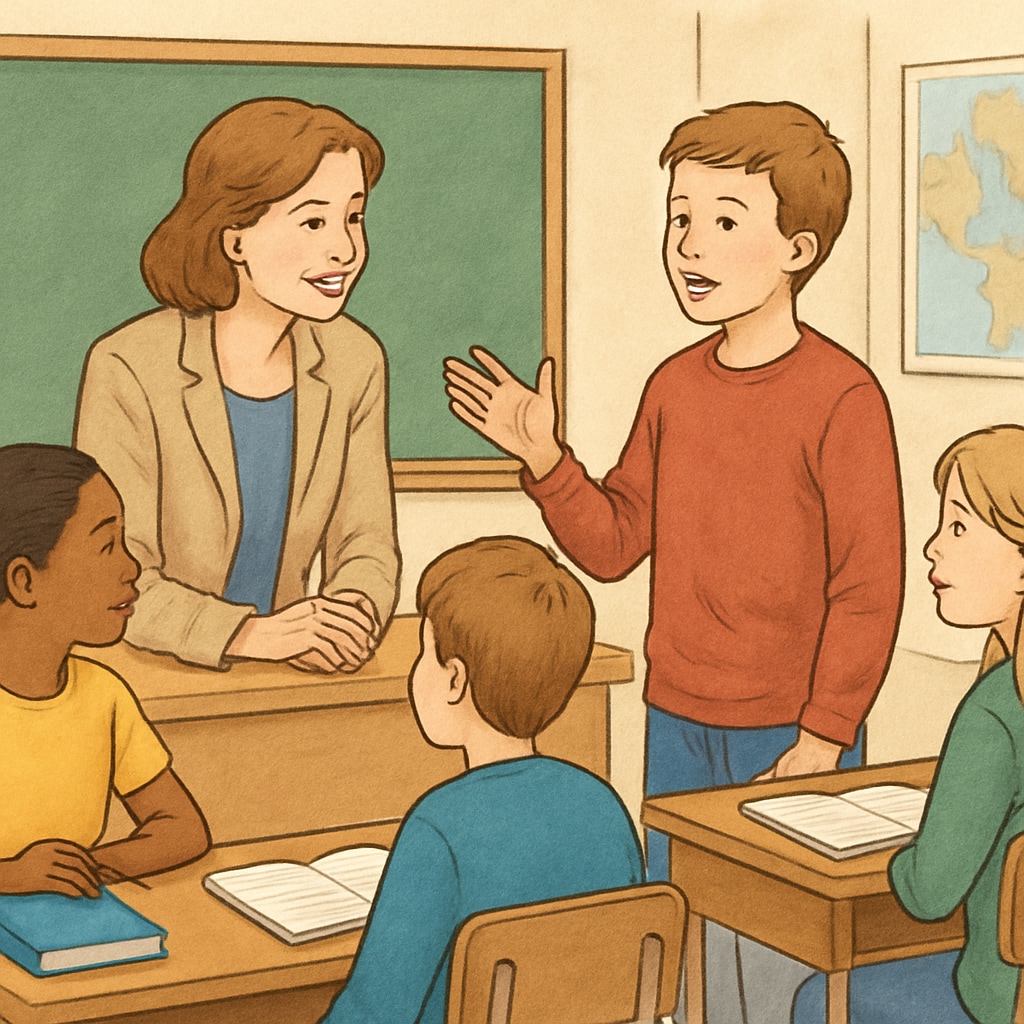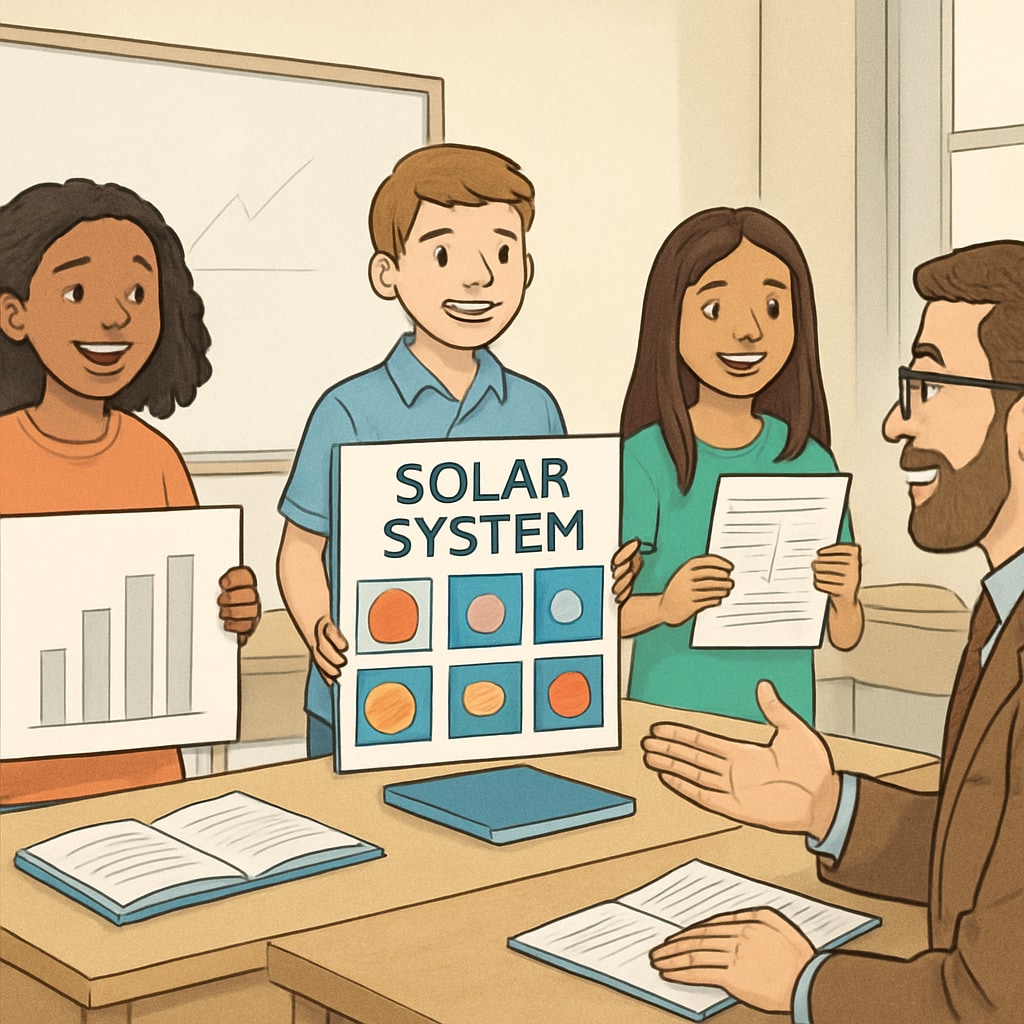Respect in education is more than a courtesy; it is a transformative force that shapes lives. When students experience genuine respect, they often express heartfelt gratitude to teachers who listen, acknowledge, and uplift them. This dynamic reveals that education is not solely about imparting knowledge but also about recognizing and valuing each student’s individuality and potential. As a result, teachers who prioritize respect become catalysts for profound personal growth and emotional connection.
The Transformative Power of Respect in Education
Respect is an often-overlooked yet essential element in the classroom. Teachers who demonstrate respect by actively listening to students and valuing their perspectives create a safe and empowering environment. This enables students to thrive academically and emotionally. For example, a study published on Britannica highlights that mutual respect fosters trust, which is crucial for effective learning.

When educators prioritize respect, they encourage students to share their ideas, ask questions, and express vulnerabilities without fear of judgment. This open communication builds confidence and reinforces the belief that their voices matter. As a result, students often develop a deep sense of appreciation for educators who recognize their worth.
Why Students Cherish Respectful Educators
Students express gratitude for teachers who treat them as individuals rather than mere learners. Such educators understand the importance of emotional well-being in academic success. For example, a teacher who notices a student’s struggle and offers support without belittlement can leave a lasting impression. This recognition cultivates a sense of belonging and encourages students to excel.
Moreover, when students feel respected, they are more likely to engage actively in their education. According to Wikipedia, the role of a teacher extends beyond academic instruction—it includes mentoring and fostering emotional growth. Respectful interactions between teachers and students significantly contribute to the latter’s overall development.

Respect as a Foundation for Lifelong Learning
The impact of respect in education extends far beyond the classroom. Students who experience respect from their teachers often carry these values into other aspects of their lives. They grow into adults who understand the importance of listening, empathy, and mutual respect in relationships and professional environments.
Additionally, the gratitude students feel for respectful educators often inspires them to pay it forward. Many choose careers in teaching or mentorship, driven by the desire to provide the same transformative experience they once received. This ripple effect underscores the lasting influence of respect in education.
How Educators Can Foster Respectful Relationships
- Active Listening: Pay attention to students’ concerns and opinions during discussions or one-on-one interactions.
- Empathy: Understand and acknowledge the challenges students face, offering support when needed.
- Individual Recognition: Celebrate each student’s unique strengths and achievements rather than focusing only on general academic performance.
- Constructive Feedback: Provide guidance that is both honest and uplifting, helping students improve without discouragement.
By implementing these practices, educators not only enhance their teaching methods but also build meaningful connections that students cherish for years to come.
Readability guidance: Use concise paragraphs and clear transitions. Incorporate lists to summarize key points. Ensure the article remains engaging and accessible to readers of varying academic levels.


